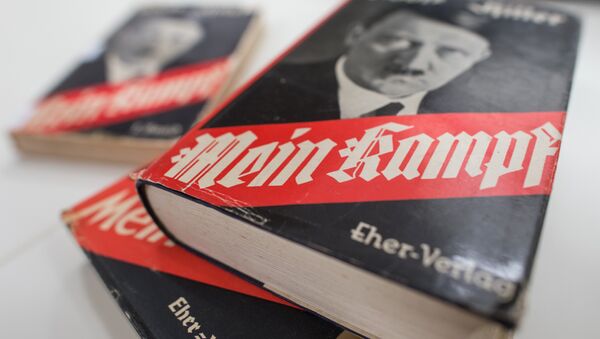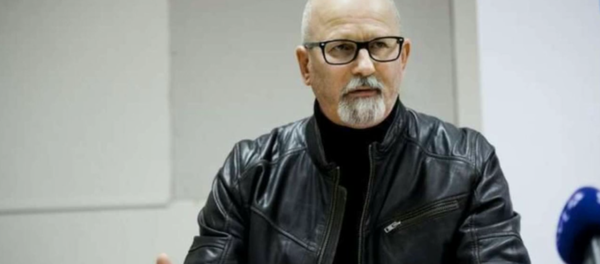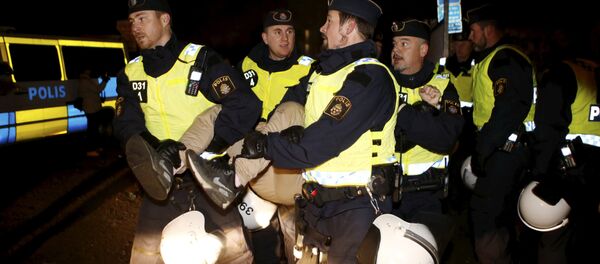The book, which flew off the shelves in its first edition, offers an assortment of facts from Statistics Sweden, the National Crime Prevention Council, the National Board of Health and other agencies, which present the recent years' mass migration to Sweden in an unflattering light.
"Library collections should be characterized by diversity and pluralism. The goal is not to buy books that support racism, express gender stereotypes, rouse persecution and hatred or are otherwise contrary to human rights," Ekerö librarian Nina Sundberg wrote in an e-mail to the Swedish news outlet Nyheter Idag in her attempt to justify rejecting Sanandaji's book.
#Hitler #Mein Kampf becomes #German #bestseller @yahoo via @eddiedonovan https://t.co/zK0swnmfSK via @YahooNews
— Eddie Donovan (@EddieDonovan) 3 января 2017 г.
Paradoxically, a cursory view of the library's assortment revealed no lack of literature for people seeking to familiarize themselves with National Socialism, including Adolf Hitler's policy book Mein Kampf, which lays the foundations of Nazism and anti-Zionism and has been banned in Russia and other European nations for decades.
"It all becomes very clear. Censorship is hitting you in the face," Marina Halkiewicz, an angry reader who unsuccessfully tried to borrow Sanandaji's new book, told Nyheter Idag.
"Municipal libraries are not a playhouse for the cultural left's censorship. It is bordering on libel to claim that rules against 'racism' can justify the exclusion of my book. Ekerö library owes me an apology," Tino Sanandaji wrote.
Mass Challenge was written and published as a result of a record influx of Swedish crowdfunding. It was released in early February and quickly became a bestseller at bookshops Bokus and Adlibris, which is highly uncommon for a book on the national economy and social science.
#Massutmaning utgiven https://t.co/uIybv5dqyg
— ttt (@tttchvrn) 5 февраля 2017 г.
När kommer ljugmedias smutskampanj? #svepol #lugenpresse
"Countryfolk are willing to learn about the GDP and how the extent of car fires can be measured, while highly educated opinion-makers would rather talk about their attitudes, feelings and song festivals. Sweden is an interesting country because ordinary people seem to be more interested in education than the elite," Sanandaji told Nyheter Idag, citing people's craving for hard facts.
"Politicians may be lying, but not statistics," Sanandaji quipped during the presentation.
Tino Sanandaji is a economist of Kurdish Iranian origin based in Sweden, where he is known for his blog and criticism of Sweden's immigration and integration policy. Sanandaji holds a PhD in public policy from the University of Chicago and works as a researcher in economics at the Stockholm School of Economics.
Never miss a story again — sign up to our Telegram channel and we'll keep you up to speed!





